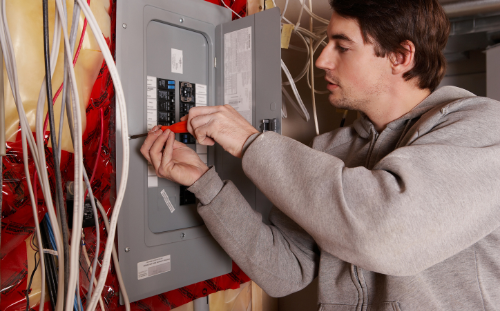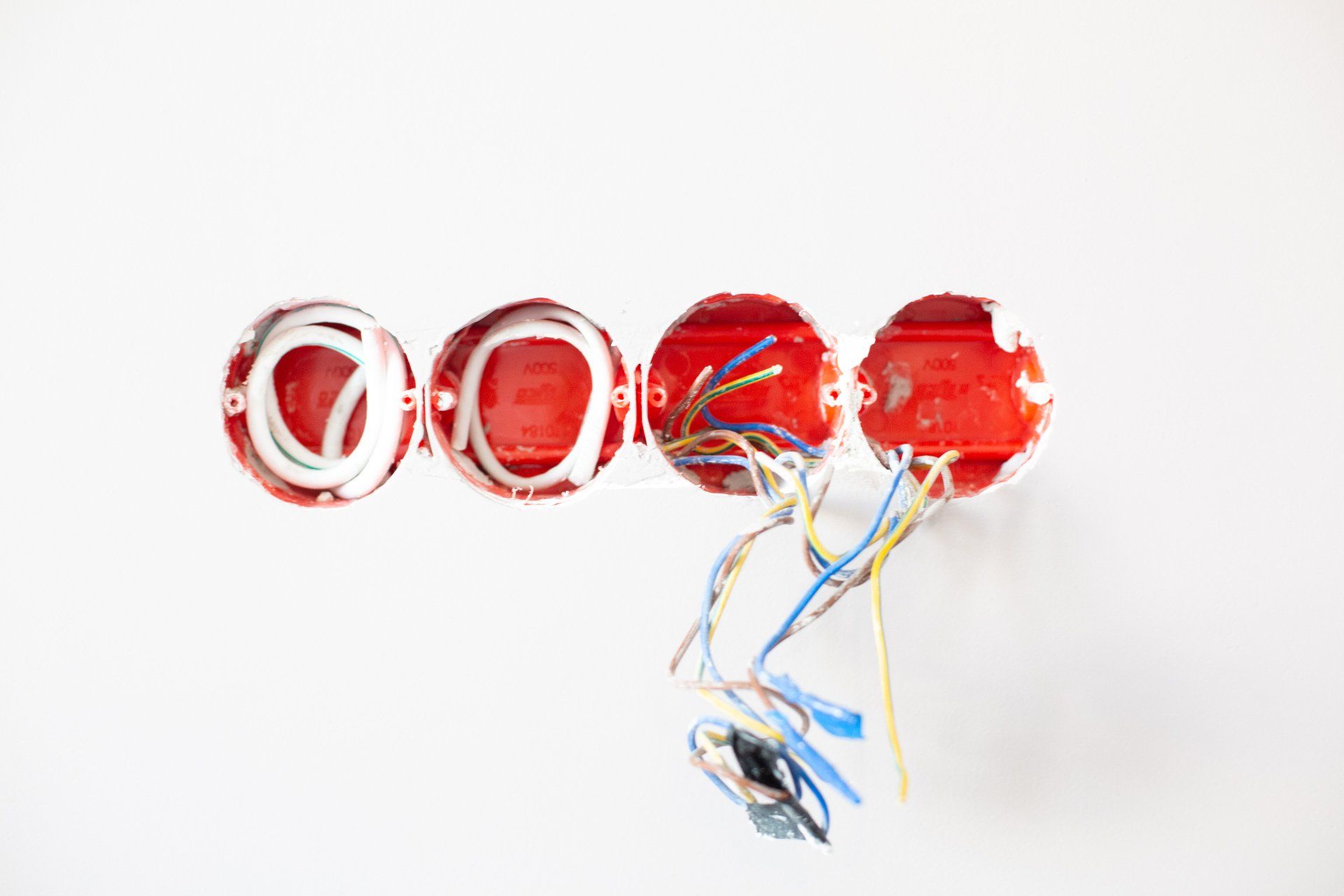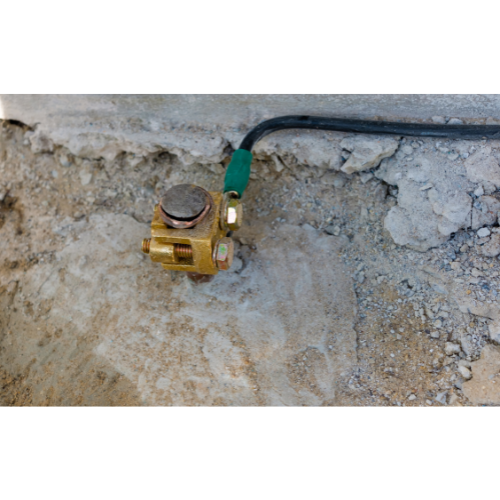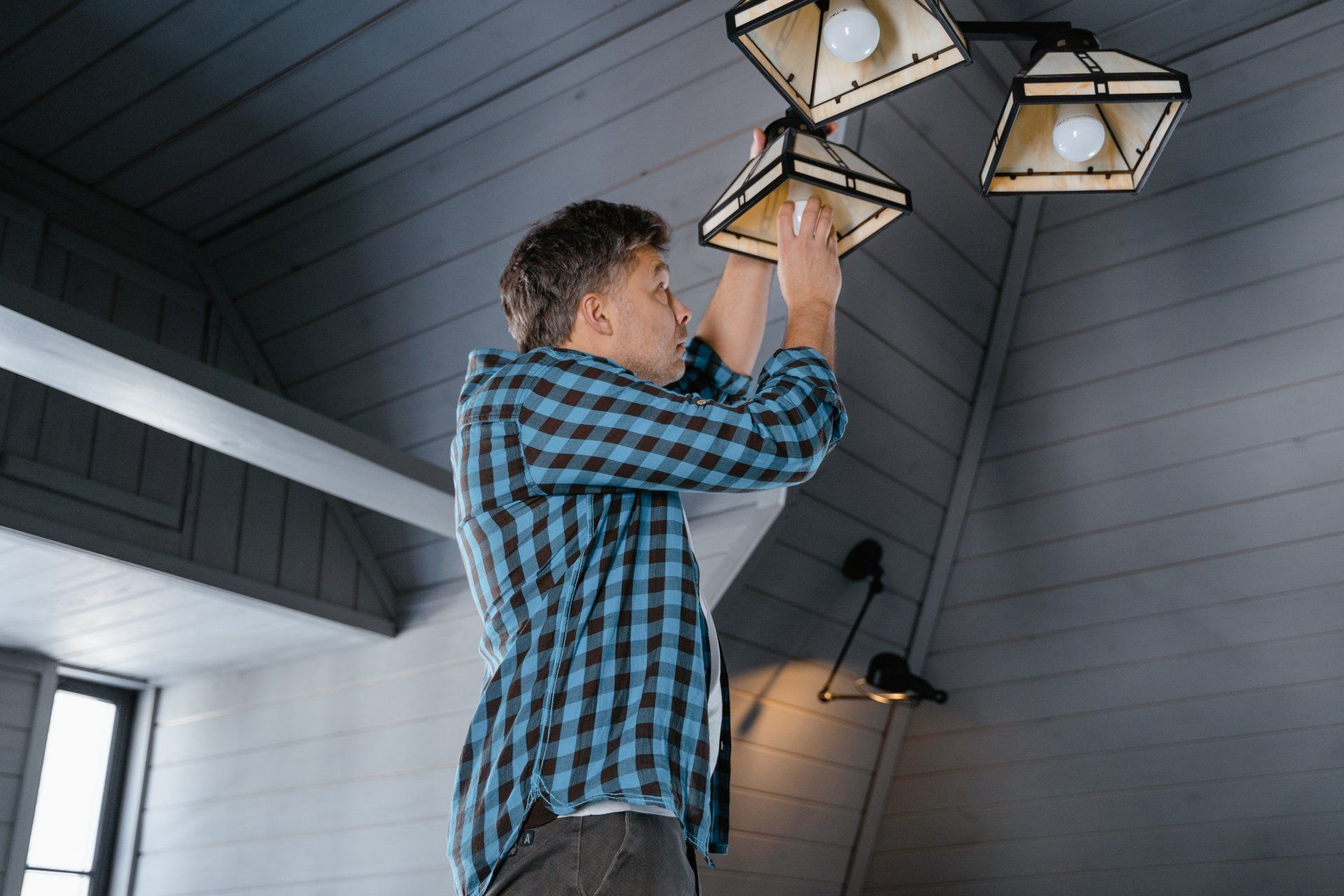How to Upgrade Your Home's Electrical Panel

The electrical panel, also known as the breaker box or distribution board, is the central hub that controls and distributes electricity throughout your home. Over time, as electrical demands increase and technologies advance, you may find that your current electrical panel is outdated and unable to meet your needs. Upgrading your home's electrical panel is an essential step to ensure safety, accommodate modern electrical requirements, and provide ample power for your household. In this blog post, we will guide you through the process of upgrading your home's electrical panel, from assessing the need for an upgrade to hiring a qualified electrician for the job.
Evaluate Your Electrical Needs:
The first step in upgrading your electrical panel is to assess your current and future electrical needs. Consider factors such as the number of appliances, devices, and circuits in your home, as well as any planned expansions or renovations that may require additional power. Adequate power capacity is crucial to prevent overloading, tripped breakers, and potential fire hazards.
Consult with a Qualified Electrician:
It is highly recommended to consult with a licensed and experienced electrician for a professional assessment of your electrical system. An electrician will evaluate your current panel, assess its condition, and determine if an upgrade is necessary. They will consider factors such as panel size, circuit capacity, wiring conditions, and safety requirements to recommend the most suitable electrical panel upgrade for your specific needs.
Select the Right Electrical Panel:
Based on the electrician's recommendations, select an electrical panel that meets the requirements of your home. Look for a panel with sufficient circuit breaker spaces to accommodate your current and future electrical needs. Consider features such as surge protection, compatibility with smart home technologies, and ease of maintenance. It is important to choose a reputable brand and ensure that the panel meets local electrical codes and regulations.
Plan for Temporary Power Shutdown:
Before the electrical panel upgrade takes place, plan for a temporary power shutdown. Inform all household members about the scheduled shutdown and take necessary precautions, such as backing up essential data, turning off sensitive electronic devices, and securing perishable items in refrigerators or freezers. The electrician will safely disconnect the power during the upgrade process.
Hire a Professional Electrician for the Upgrade:
Upgrading an electrical panel is a complex task that requires professional expertise. It involves working with live electrical components and handling intricate wiring connections. It is crucial to hire a licensed and insured electrician experienced in panel upgrades. They will ensure proper installation, compliance with electrical codes, and adherence to safety protocols, minimizing the risk of electrical hazards or future issues.
Upgrade Process and Safety Measures:
During the upgrade, the electrician will carefully remove the existing electrical panel and install the new panel. They will update wiring connections, properly ground the panel, and ensure all circuits are correctly labeled. The electrician will also conduct thorough testing to verify the functionality and safety of the upgraded panel.
Post-Upgrade Considerations:
Once the electrical panel upgrade is complete, take time to familiarize yourself with the new panel's features and circuit layout. Ensure that all circuits are correctly labeled for easy identification. Consider implementing additional safety measures such as surge protectors, whole-house grounding, or installing arc fault circuit interrupters (AFCIs) for enhanced protection against electrical fires.
Upgrading your home's electrical panel is a significant investment that enhances safety, reliability, and electrical capacity. By assessing your electrical needs, consulting with a qualified electrician, selecting the right panel, and hiring professional services, you can ensure a smooth and successful upgrade process. Remember, electrical work should always be performed by licensed professionals to ensure compliance with regulations and to prioritize the safety of your home and family.












